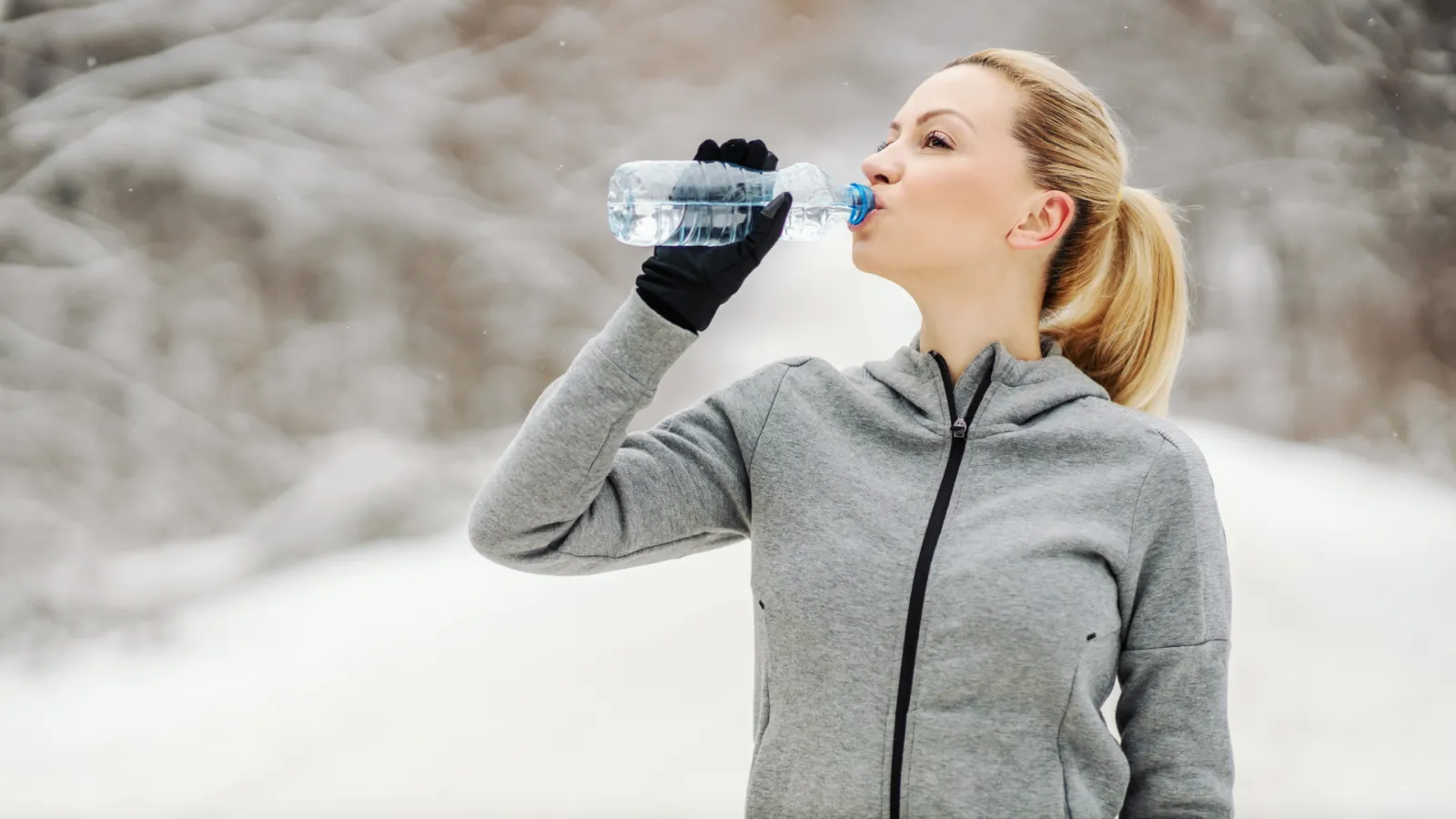When winter
rolls around, it's easy to sideline our water bottles, mistaking the chill in
the air as a sign that we're less thirsty, less sweaty, and therefore, less in
need of hydration. But here's the cold truth, especially for high school
athletes: Your hydration needs don't hibernate during the winter.
Why
Hydration Can't Take a Winter Break
- Sweat Evaporates More Quickly in
Cold Air
- You're still sweating under all
those layers, even if you don't feel it as much. Cold air can be
deceiving, making you think you're losing less fluid than during a summer
scorcher. But in reality, sweat evaporates faster in the cold, and with
heavy gear on, it's harder to notice the moisture loss.
- Increased Respiratory Fluid Loss
- Ever notice that you can see your
breath when you exhale in cold weather? That's actually moisture leaving
your body. High-intensity sports increase the rate of breathing, which in
turn increases fluid loss. Over time, this can contribute significantly to
dehydration.
- Cold Weather = Reduced Thirst
Response
- This one's a doozy. When it's
cold, our bodies are tricked into thinking we need less water. The blood
vessels constrict to preserve heat, and as a result, our bodies don't
signal thirst as effectively. So, you might not even realize you're
getting dehydrated until you're significantly so.
- Hydration Affects Performance and
Recovery
- Proper hydration is crucial for
peak athletic performance. It impacts everything from muscle function to
coordination and even cognitive ability (think strategy and
decision-making on the field). Plus, adequate hydration speeds up
recovery, meaning athletes can bounce back quicker for the next game or
training session.
Staying
Hydrated in the Cold: Tips for Athletes
- Keep Your Water Bottle Handy: Just like in the summer, keep
sipping throughout the day. Don't wait until you're thirsty to drink up -
set regular reminders if you have to.
- Warm Beverages Count: Who says hydration has to be
cold? Herbal teas or warm water with lemon can be more appealing when it's
chilly and contribute to your daily fluid intake.
- Monitor Your Pee: Yep, we're going there. The color
of your urine is a good indicator of hydration levels. Pale and clear
means you're doing well; dark yellow means you need to drink more water.
- Eat Water-Rich Foods: Hydration doesn't just come from
what you drink. Consuming fruits and vegetables with high water content,
like cucumbers, oranges, and apples, can also help maintain fluid balance.
Wrapping Up
Ignoring
hydration in the winter is like ignoring your coach's game plan - it just
doesn't make sense. For high school athletes aiming to stay at the top of their
game, recognizing and addressing the unique challenges of staying hydrated
during the colder months is crucial. Remember, when it comes to hydration, the
season doesn't dictate the strategy; your body's needs do.
Stay fluid, stay frosty, and let's make sure we're all playing at our best - no matter the weather.
About the Author:

